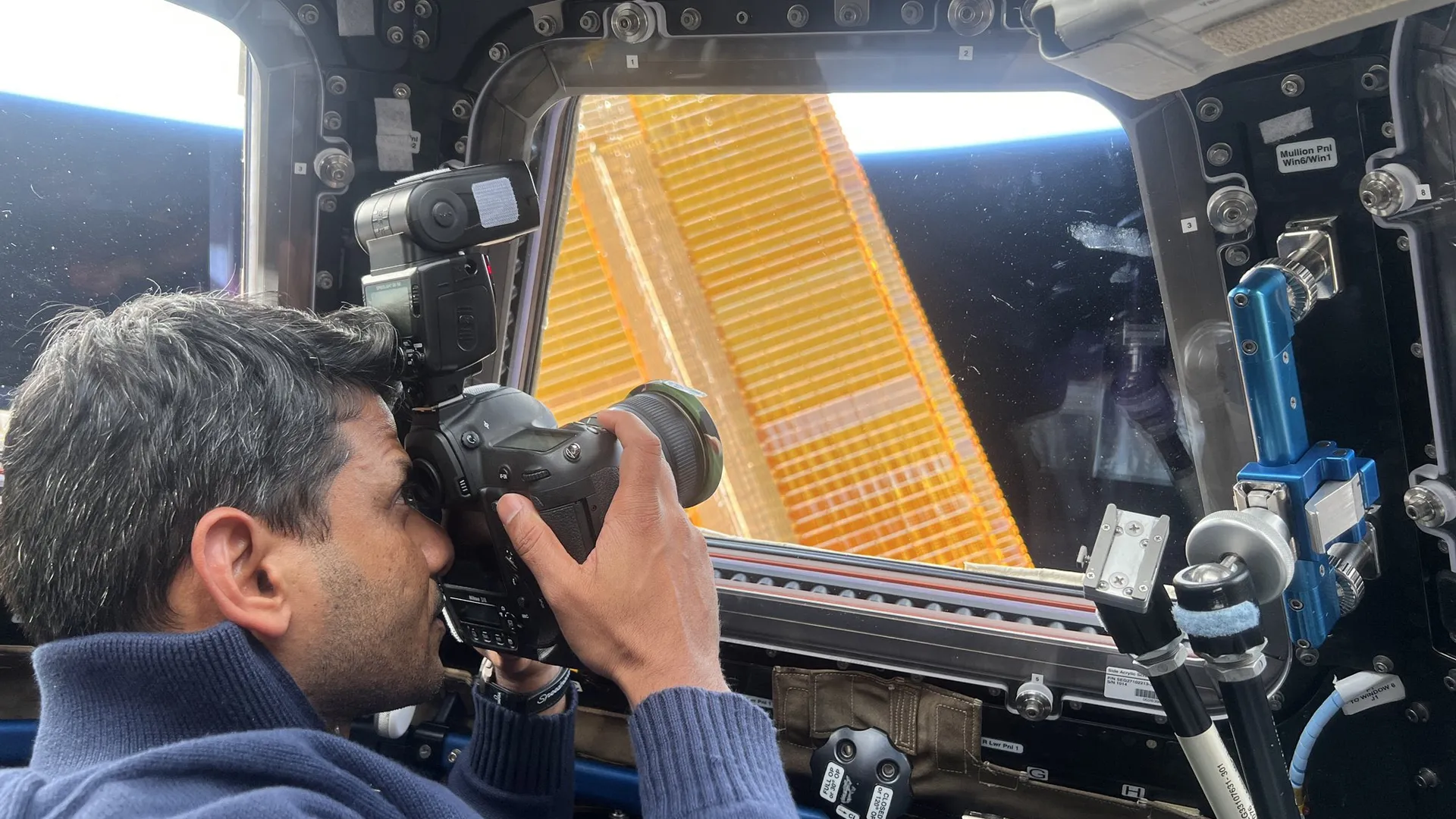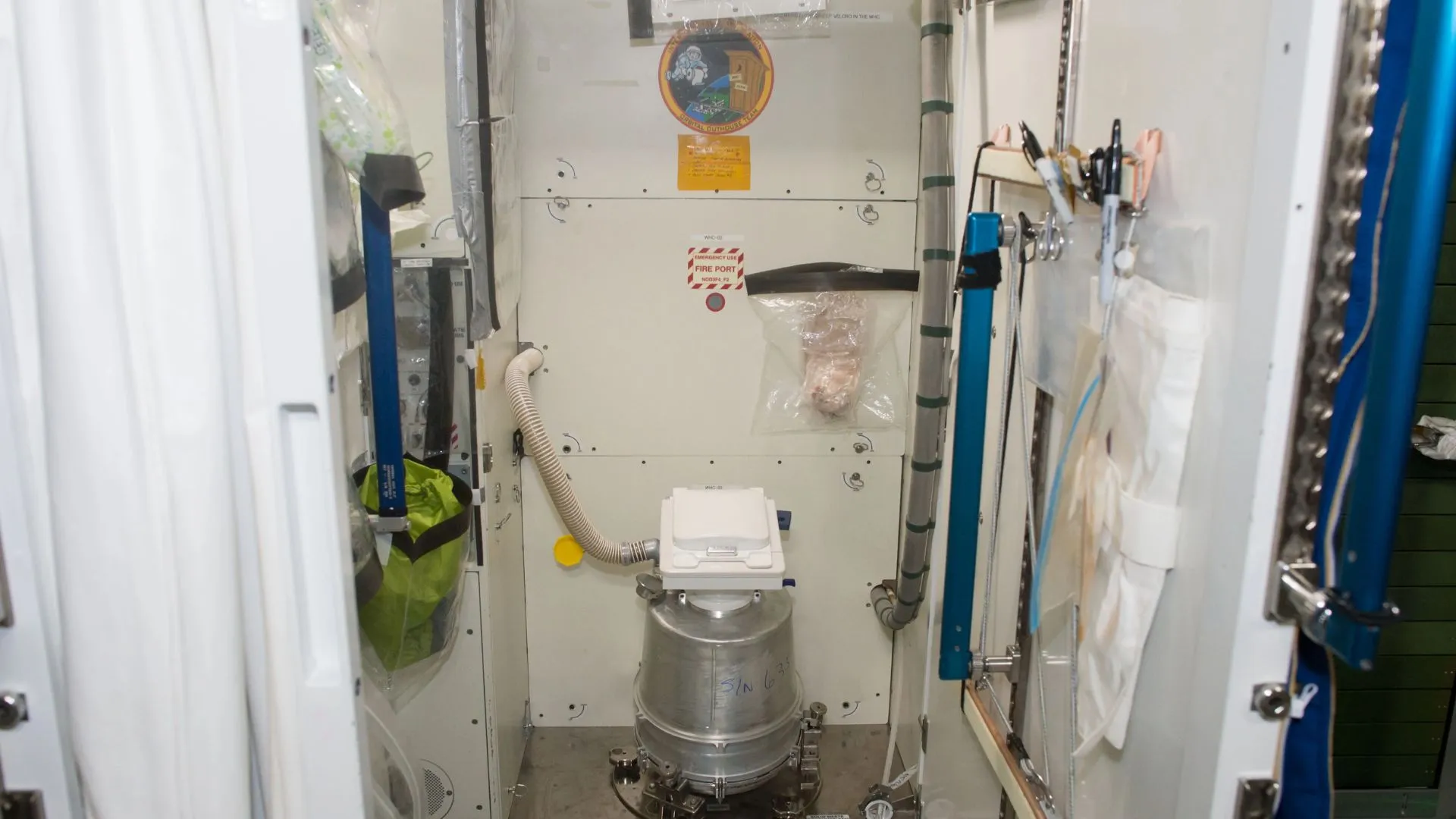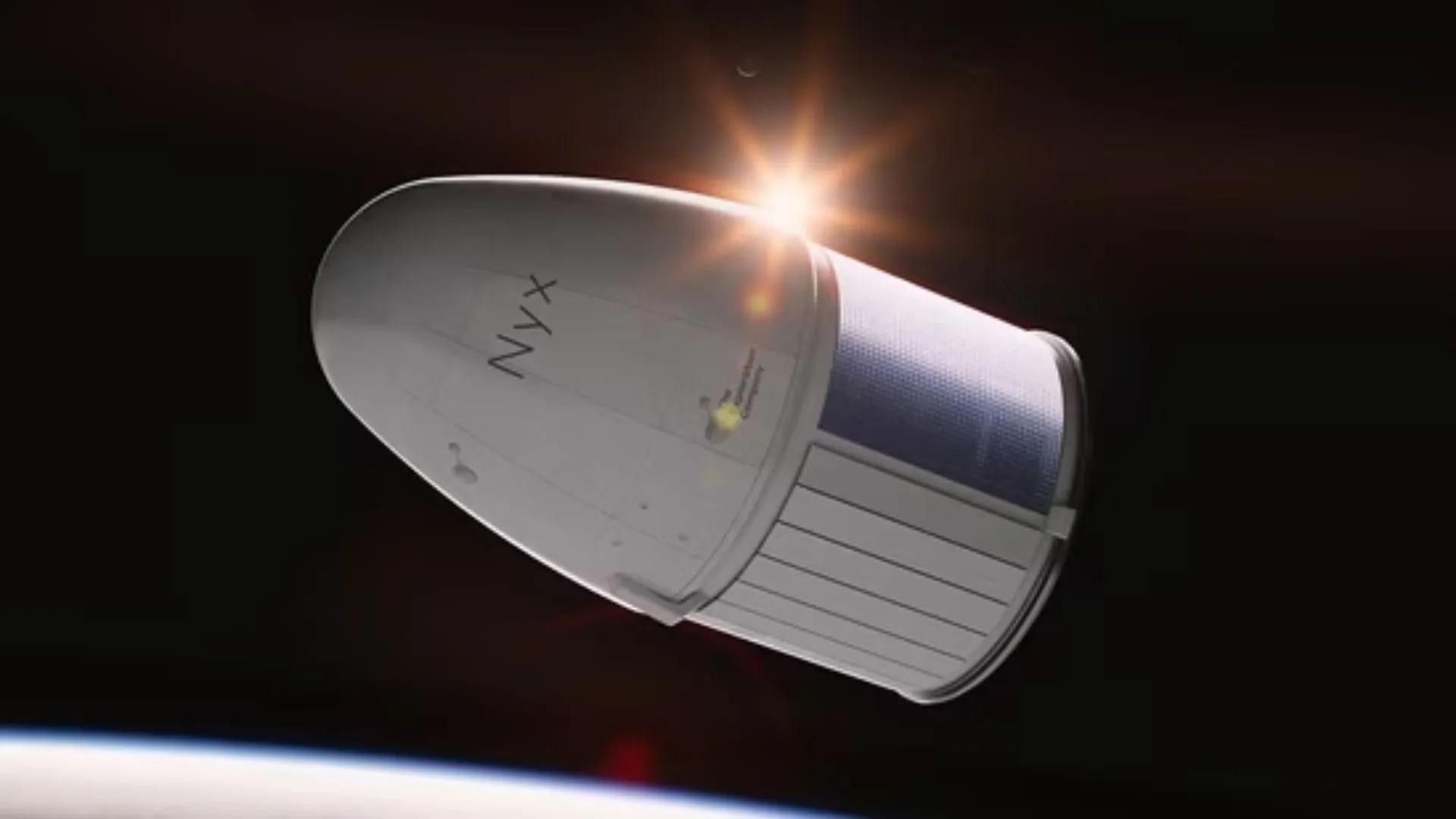Pop icon Katy Perry is set to embark on a historic journey as part of Blue Origin’s first all-female space mission. This marks another milestone for the private space company founded by Jeff Bezos. While Blue Origin continues to expand its footprint in space tourism and exploration, it faces stiff competition from other aerospace giants like SpaceX, NASA, and ISRO. In this article, we delve into Blue Origin’s role in the space industry and compare it with other key players.
What is Blue Origin?
Blue Origin is an American aerospace manufacturer and spaceflight services company founded by Jeff Bezos in 2000. It focuses on developing reusable rocket technology to make space travel more accessible and sustainable. The company has achieved several milestones in suborbital tourism and is working on next-generation orbital missions.
Recent Crew Announcement
The upcoming mission, scheduled for this spring, features an all-female crew:
-
Katy Perry: Renowned pop singer and UNICEF Goodwill Ambassador.
-
Lauren Sánchez: Emmy Award-winning journalist, licensed pilot, and vice-chair of the Bezos Earth Fund.
-
Gayle King: Co-host of CBS Mornings and editor-at-large of Oprah Daily.
-
Aisha Bowe: Former NASA rocket scientist and CEO of STEMBoard.
-
Amanda Nguyen: Civil rights activist and Nobel Peace Prize nominee.
-
Kerianne Flynn: Film producer and community leader.
This mission marks the first all-female spaceflight since Valentina Tereshkova’s solo journey in 1963.
Key Achievements:
- Successfully launched and landed reusable rockets (New Shepard).
- Conducted multiple commercial suborbital flights with civilian astronauts.
- Developing the New Glenn rocket for orbital missions.
- Collaborating on NASA’s Artemis program to return humans to the Moon.
How Does Blue Origin Compare with Other Aerospace Giants?
The space industry has multiple key players, each contributing uniquely to space exploration. Below is a comparison of Blue Origin with its competitors.
| Company | Founder | Founded | Famous For | Key Achievements | Ranking (Innovation & Impact) |
|---|---|---|---|---|---|
| Blue Origin | Jeff Bezos | 2000 | Space tourism, reusable rockets | First private company to conduct suborbital civilian spaceflight, working on lunar lander for Artemis program | ★★★★☆ |
| SpaceX | Elon Musk | 2002 | Reusable rockets, Mars colonization | First private company to send astronauts to ISS, Starship development for interplanetary travel | ★★★★★ |
| NASA | U.S. Government | 1958 | Human spaceflight, deep-space missions | Apollo Moon landings, Mars rovers, Artemis program | ★★★★★ |
| ISRO | Indian Government | 1969 | Cost-effective space missions | First Asian nation to reach Mars in first attempt, Chandrayaan lunar missions | ★★★★☆ |
| Roscosmos | Russian Government | 1992 | Human spaceflight, ISS support | First human in space (Yuri Gagarin), long-term ISS partnership | ★★★★☆ |
| Boeing | – | 1916 | Commercial spacecraft | CST-100 Starliner for ISS missions | ★★★☆☆ |
What Sets Blue Origin Apart?
While SpaceX dominates interplanetary exploration, and NASA leads government-backed missions, Blue Origin has carved its niche in space tourism and commercial missions. Its focus on sustainability and reusable rockets is shaping the future of accessible space travel.
Conclusion
Katy Perry’s participation in Blue Origin’s first all-female space mission highlights the growing involvement of celebrities in space tourism. As competition among aerospace companies intensifies, innovations in commercial space travel continue to push boundaries. Whether it’s Blue Origin’s next suborbital journey, SpaceX’s Mars colonization plans, or NASA’s Moon missions, the race for space supremacy is more exciting than ever.























